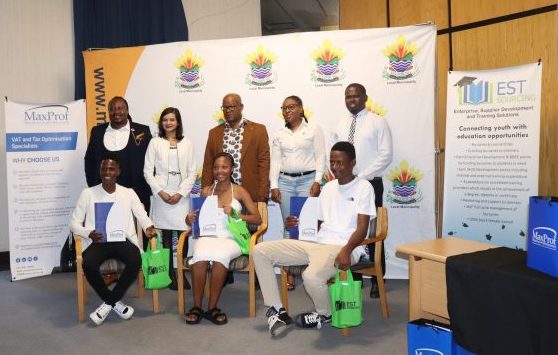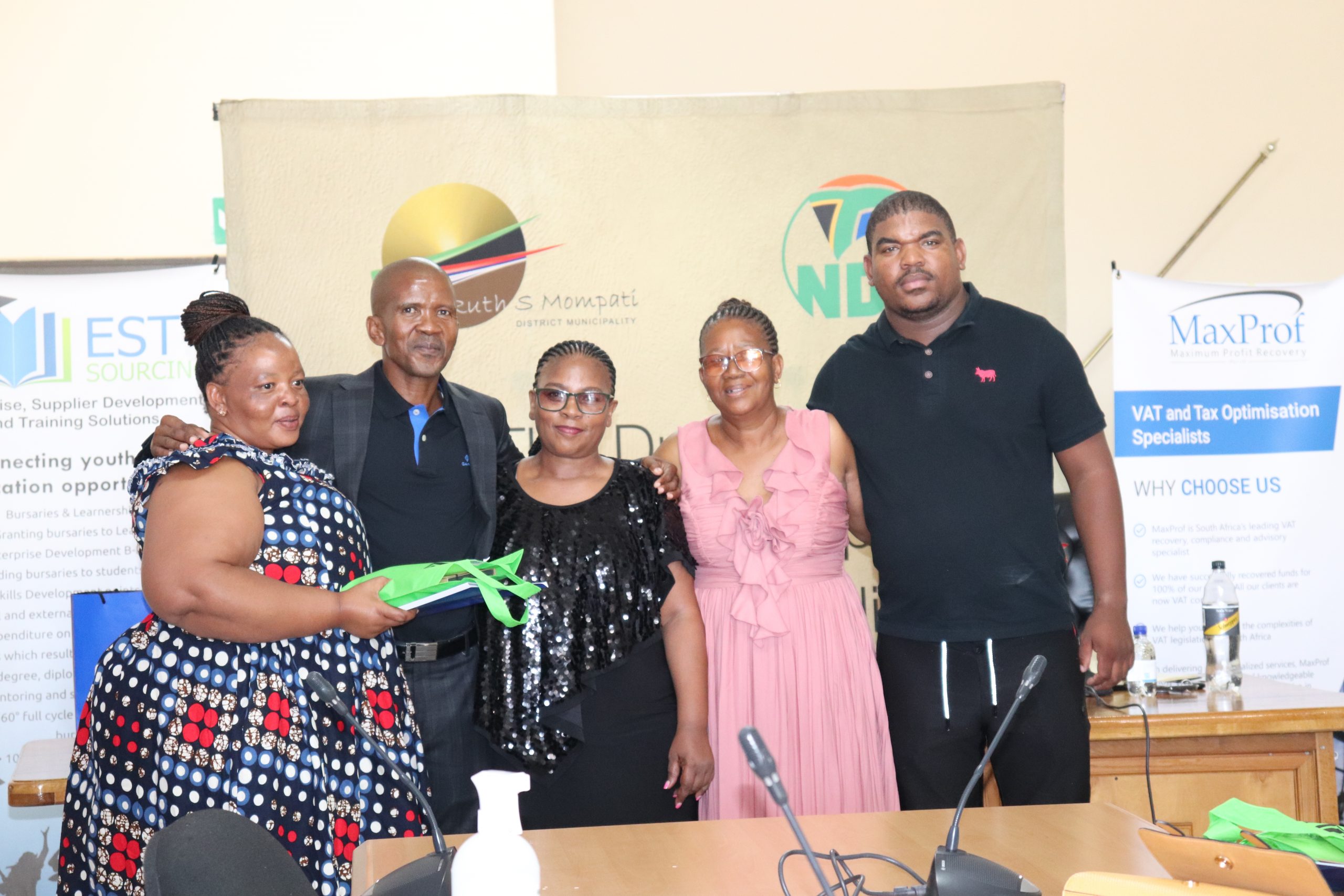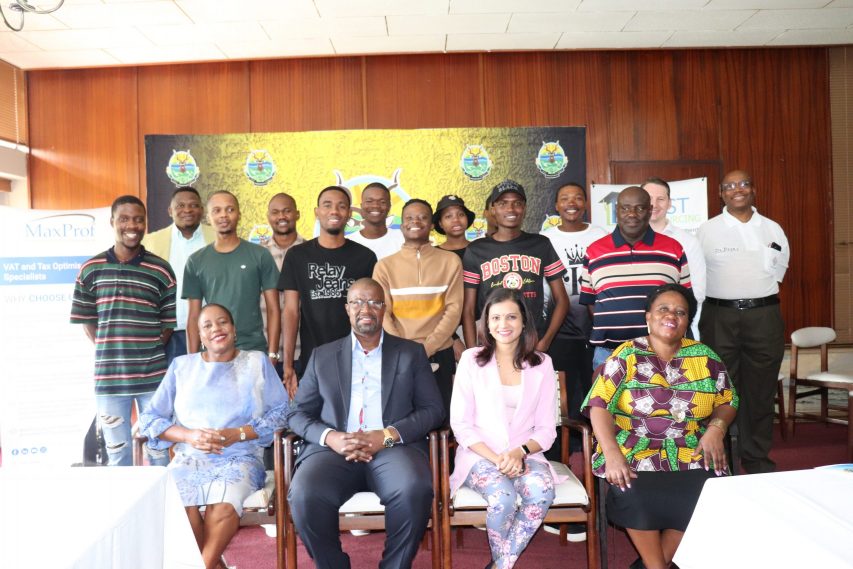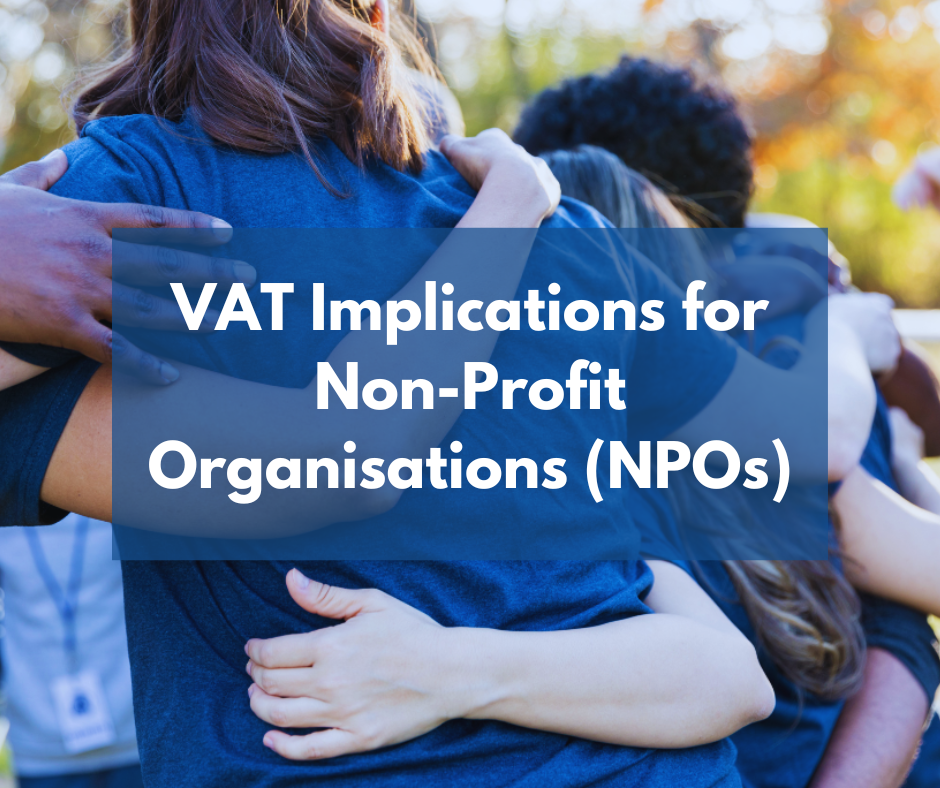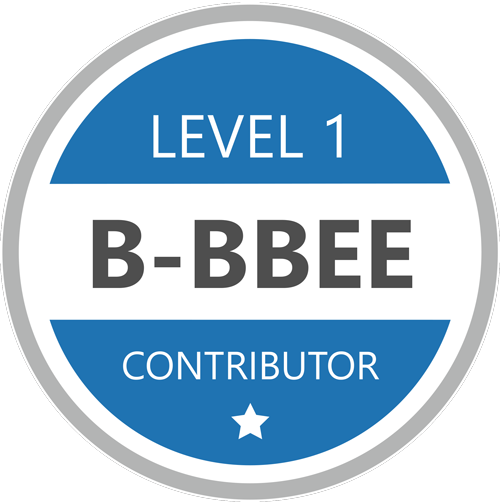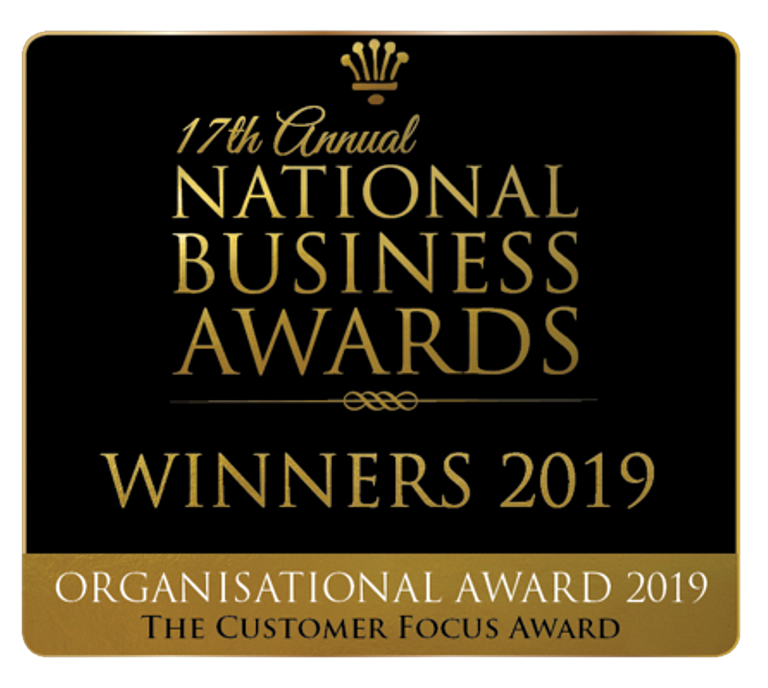Importation of goods to South Africa
In today’s world, many businesses seek to diversify their product offering to their existing clients and potential clients. The diversification of a business model may very well include the importation of goods not produced in South Africa to create a market demand for those goods.
For the imported goods to be released from the SARS Customs Control, import VAT and custom duty levied will have to be paid.
Thus, businesses should note the VAT implications on the importation of such goods to maximise their business growth and value.
Person’s liable for VAT on imported goods
SARS imposes VAT on individuals and separate legal entities for the importation of goods to South Africa.
Therefore, the regulation of being a registered VAT vendor, or non-registration thereof, has no implications on the liability a natural person or legal entity incurs on the importation of goods to South Africa.
Value of VAT levied
In determining the value on which VAT will be levied, we need to consider two factors:
- Customs value
- Origin of the goods
Customs Value
The South African Customs Administration facilitates the movement of goods entering or exiting the international borders of South Africa and they serve the purpose of:
- Providing border control management, community protection and industry protection
- Administering trade policies and industry schemes, and
- Collecting revenue
In determining the customs value, we need to refer to the General Agreement on Tariffs and Trade (GATT) valuation code, which prescribes six valuation methods which must be applied in a hierarchical order to ascertain the customs value.
The valuation code is prescribed as follows:
- The transaction value of the goods, i.e., the price actually paid or payable
- The transaction value of identical goods
- The transaction value of similar goods
- The “deductive” method (where the customs value is derived from the selling price of the imported goods in the Republic)
- The “computed” method (where the value is derived from the built-up cost of the imported goods)
- The so-called “fall back” method, being one of the other five methods applied more flexibly
Once the customs value has been determined as prescribed by GATT, we move onto determining the Added Tax Value (ATV). The ATV is prescribed by SARS with the following formula:
ATV = (Customs value + 10% of the customs value) + Any non-rebated duties levied on the goods
Once the ATV has been determined, we then go on to apply the current prescribed VAT rate of 15% to establish the VAT that shall be levied on the imported good i.e., VAT payable = ATV x 15%.
Origin of Goods
The Southern African Customs Union (SACU) is a customs union among five countries in Southern Africa, namely:
- South Africa
- Botswana
- Lesotho
- eSwatini
- Namibia
The purpose of this union is to maintain the free interchange of goods between members of the union.
From a South African perspective, these countries are commonly known as BLSN countries, and goods shall be deemed to be imported to the Republic upon entry. The effect of trading with these countries is that when the origin of the imported goods is from one of the BLSN countries, the additional 10% added onto the Customs value falls away. Therefore, the 10% will not be included in the calculation and the remainder of the formula stays unchanged.
VAT payable on BLSN imports = ((Customs value) + Any non-rebated duties levied on the goods) x 15%
Goods imported from any other foreign country shall be subject to VAT.
Time of supply
In terms of Section 13 of the VAT Act, goods shall be deemed to be imported to the Republic on a date determined by the provisions of the Customs and Excise Act.
The Customs and Excise Act provides the following:
All goods consigned to or brought into the Republic shall be deemed to have been imported into the Republic –
a) in the case of goods consigned to a place in the Republic in a ship or aircraft, at the time when such ship or aircraft on the voyage or flight in question, first came within the control area of the port or airport authority at that place, or at the time of the landing of such goods at the place of actual discharge thereof in the Republic if such ship or aircraft did not on that voyage or flight call at the place to which the goods were consigned, or if such goods were discharged before arrival of such ship or aircraft at the place to which such goods were consigned
b) in the case of goods not consigned to a place in the Republic but brought thereto by and landed therein from a ship or aircraft, at the time when such goods were so landed
c) subject to the provisions of subsection (2), in the case of goods brought to the Republic overland, at the time when such goods entered the Republic
d) in the case of goods brought to the Republic by post, at the time of importation in terms of paragraph (a), (b) or (c) according to the means of carriage of such goods; and
e) in the case of goods brought to the Republic in any manner not specified in this section, at the time specified in the General Notes to Schedule 1 or, if no such time is specified in the said General Notes in respect of the goods in question, at the time such goods are considered by the Commissioner to have entered the Republic.
Input VAT
As with any other taxable supply, to recover the VAT paid on the importation of goods to South Africa, the purchaser of the goods must be a registered VAT vendor. The goods that are imported must be acquired by the vendor wholly or partly for consumption, use or supply in the course of making taxable supplies.
Where the intended use of goods while making taxable supplies is equal to more than 95% of the total intended use of such goods, the goods or services concerned may be regarded as having been acquired wholly for the purpose of making taxable supplies.
The vendor must also retain and furnish SARS with the appropriate documentation, namely:
- Bill of entry
- Receipt of payment to SARS
- Customs clearance
Exemptions
It must be noted that SARS has specifically stated certain goods which are exempt from VAT on importation thereof to the Republic.
This list of exempt goods can be found in Schedule 1 of the VAT Act.
These goods are mainly those which would be supplied in the Republic as a zero-rated supply, as per section 11 of the VAT Act.
Other categories of exempt goods are those specifically listed by the Customs and Excise Act.
Written by: Bongani Makgoba






